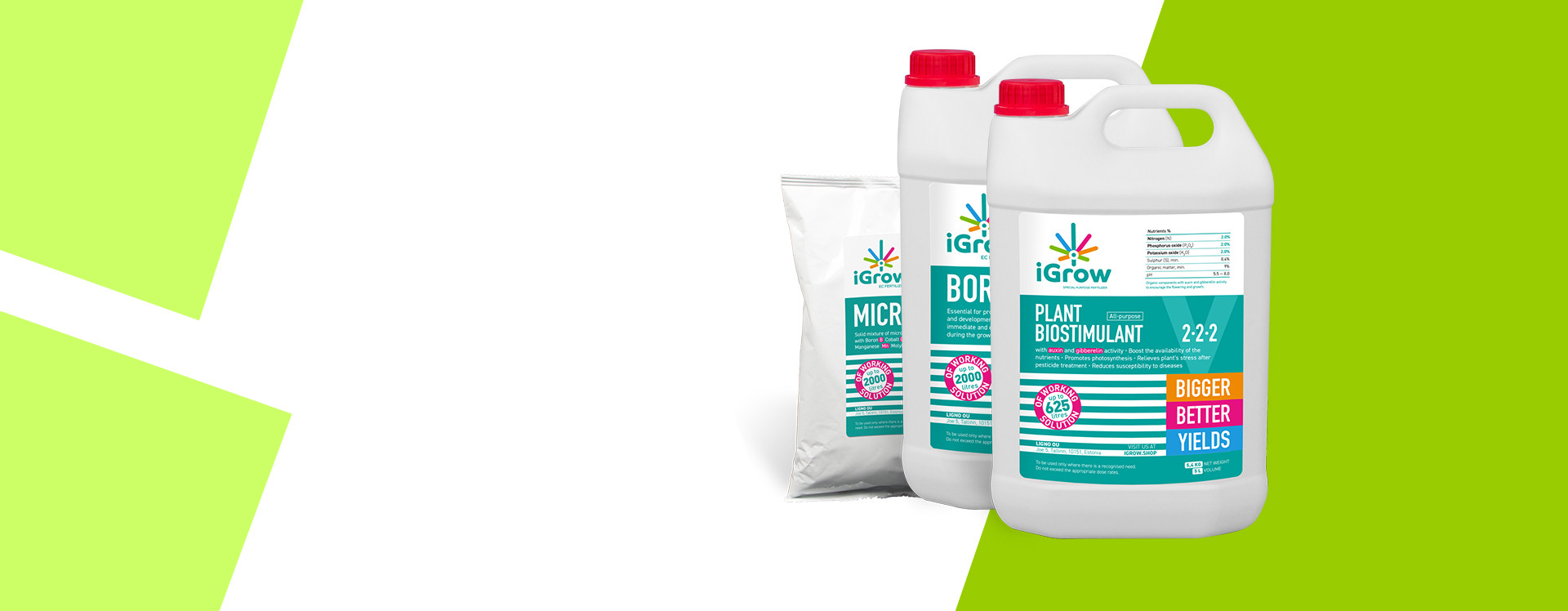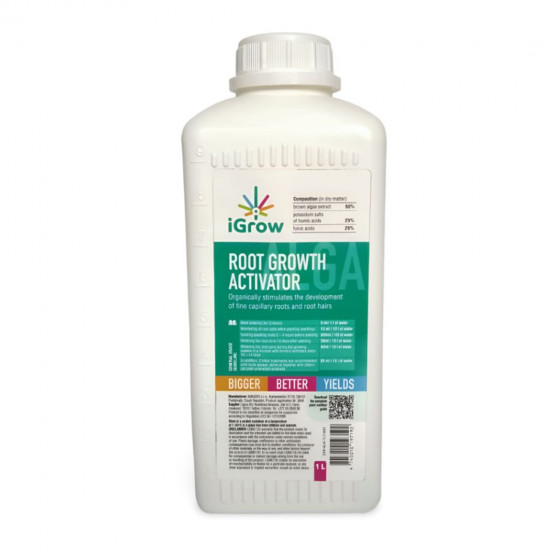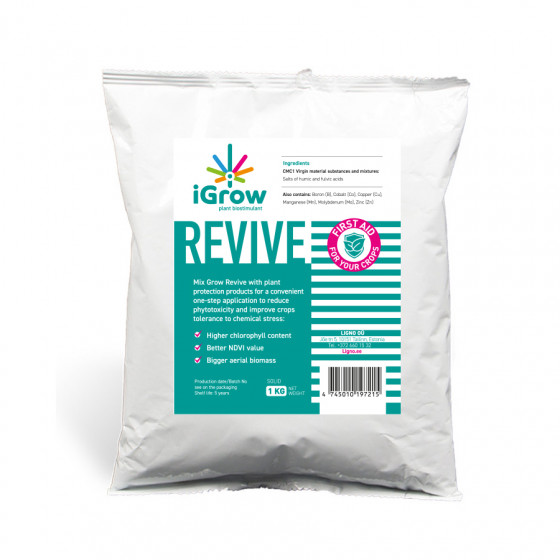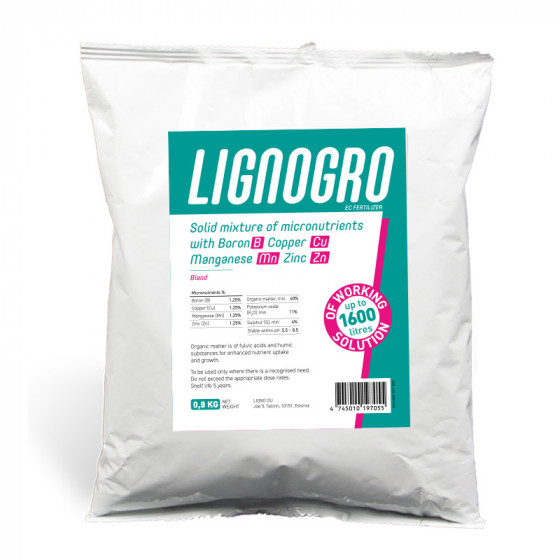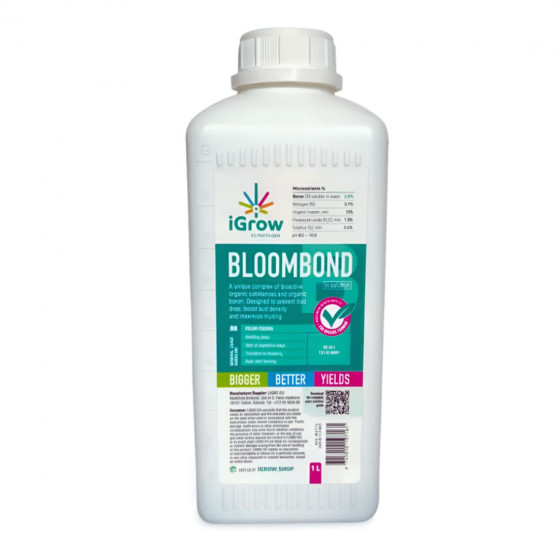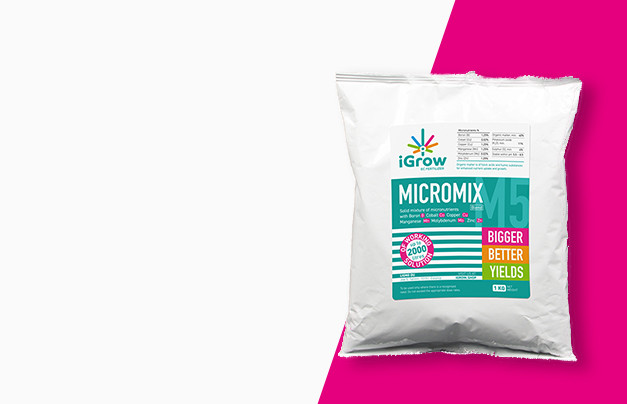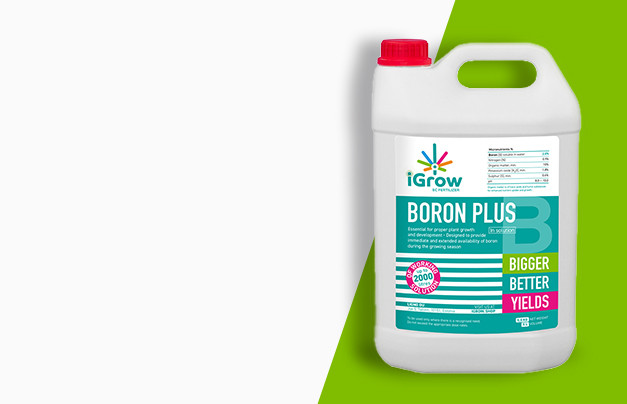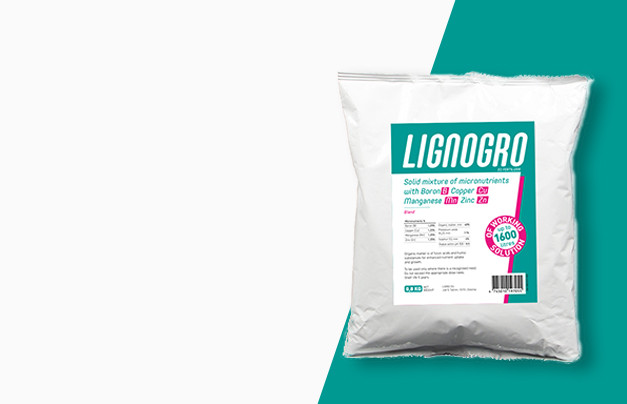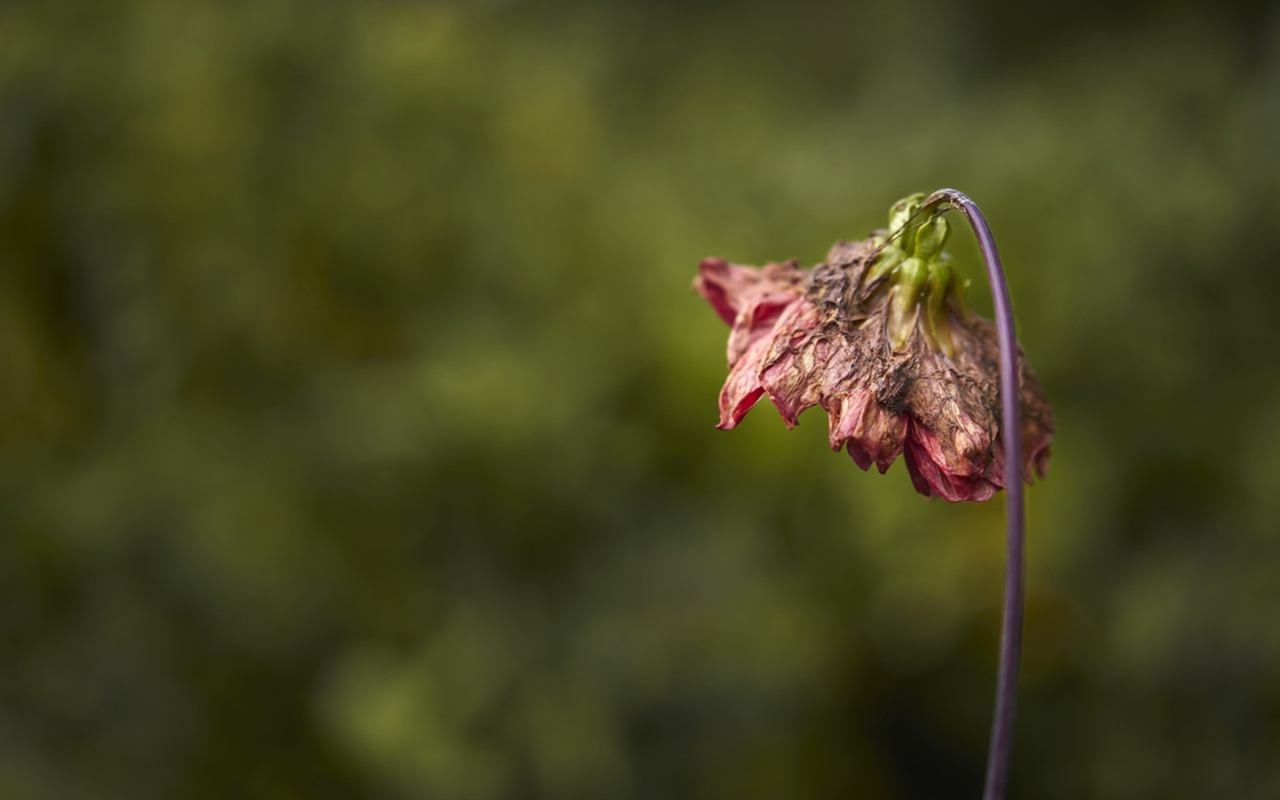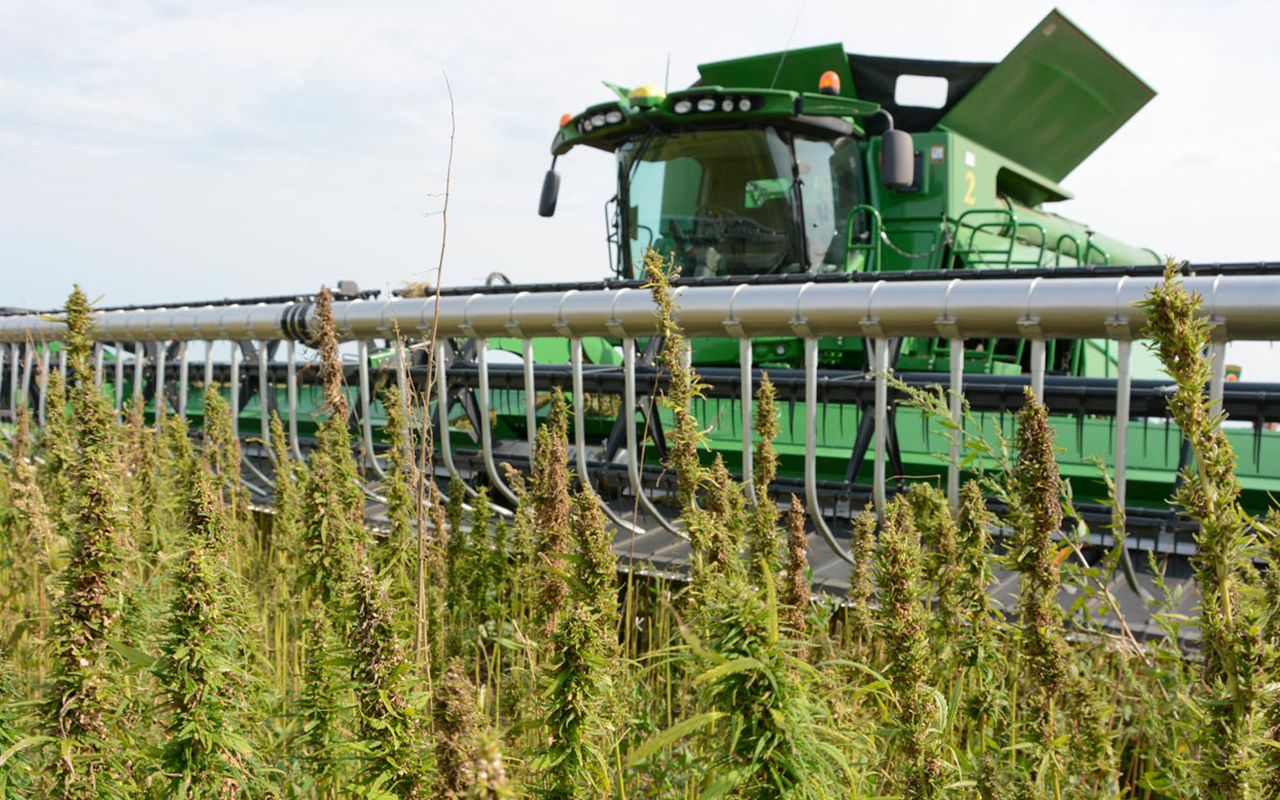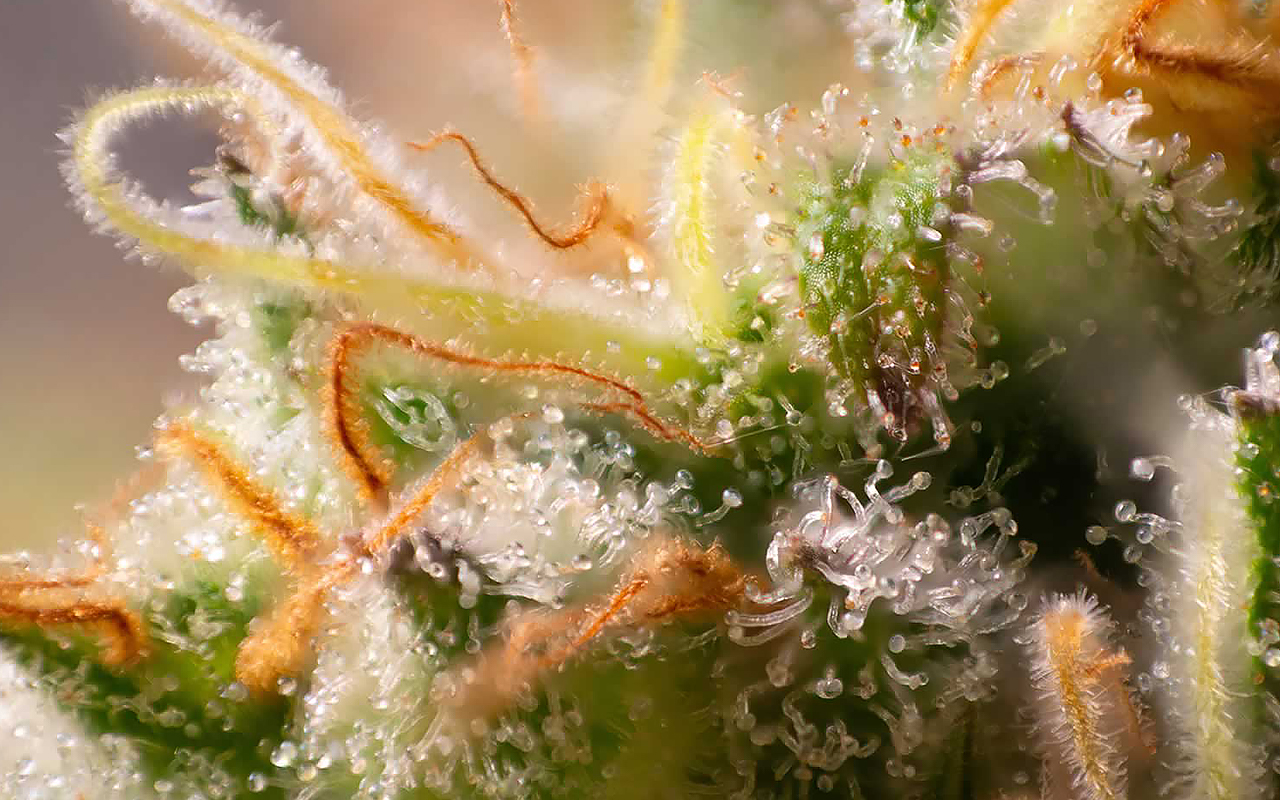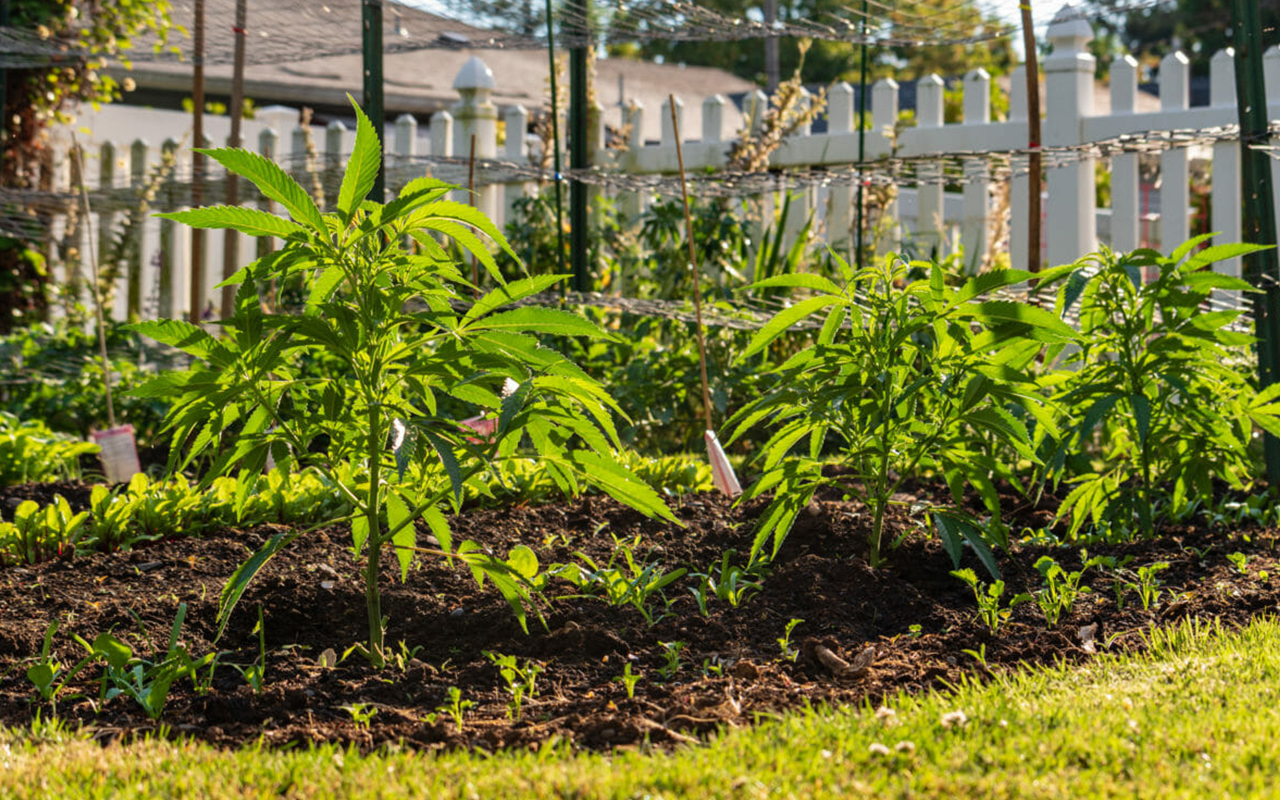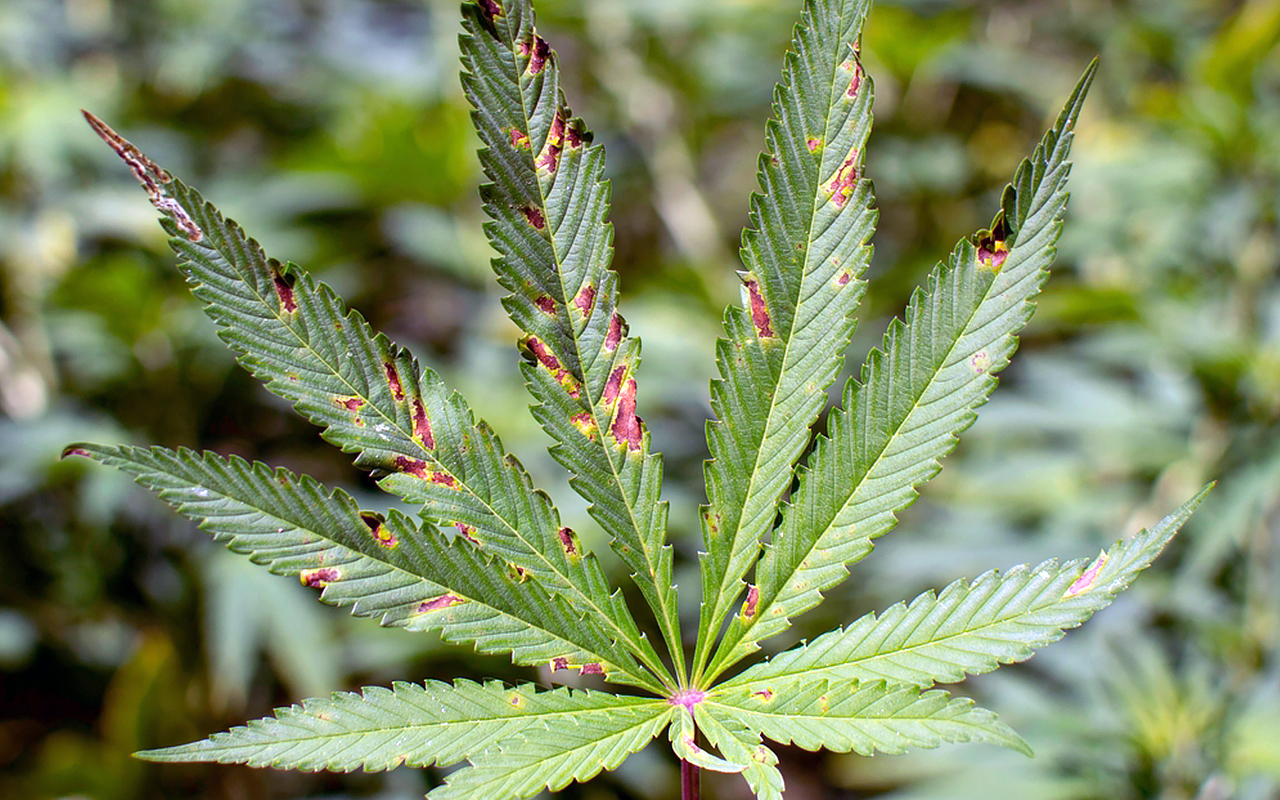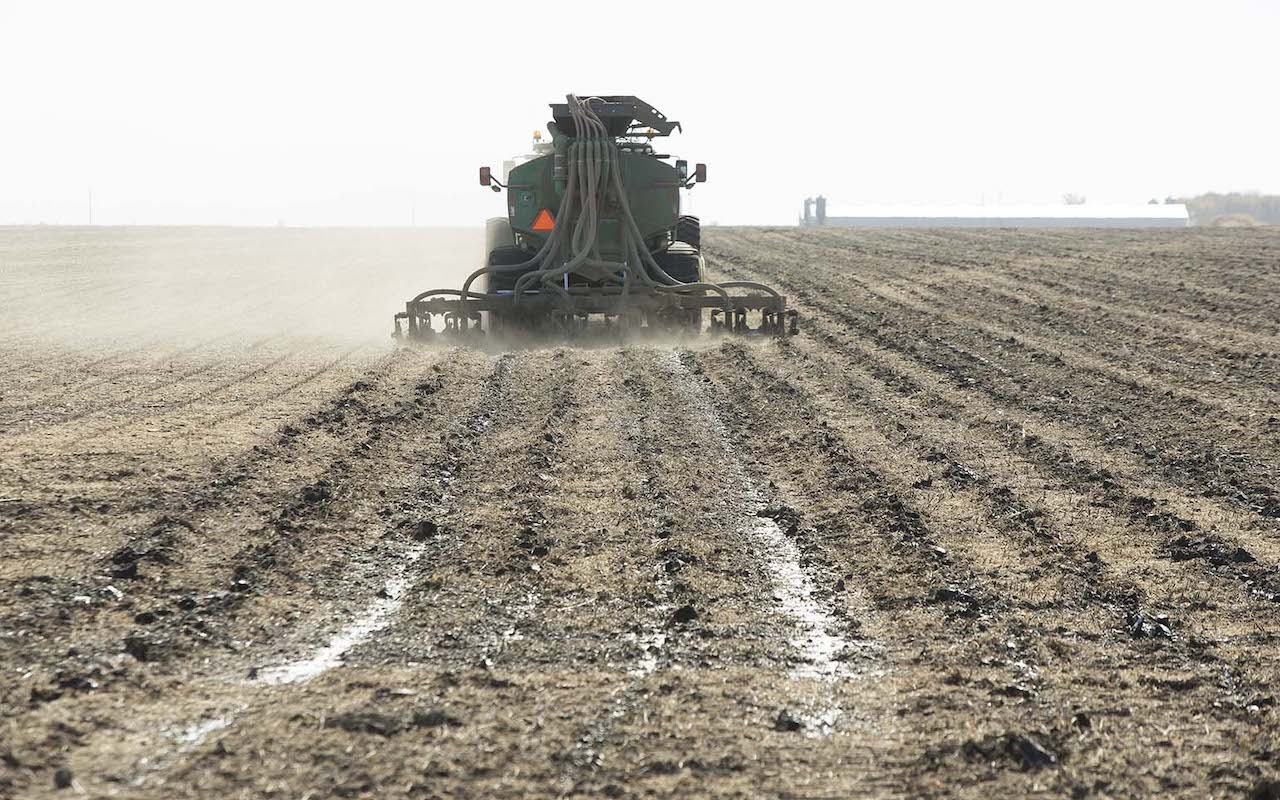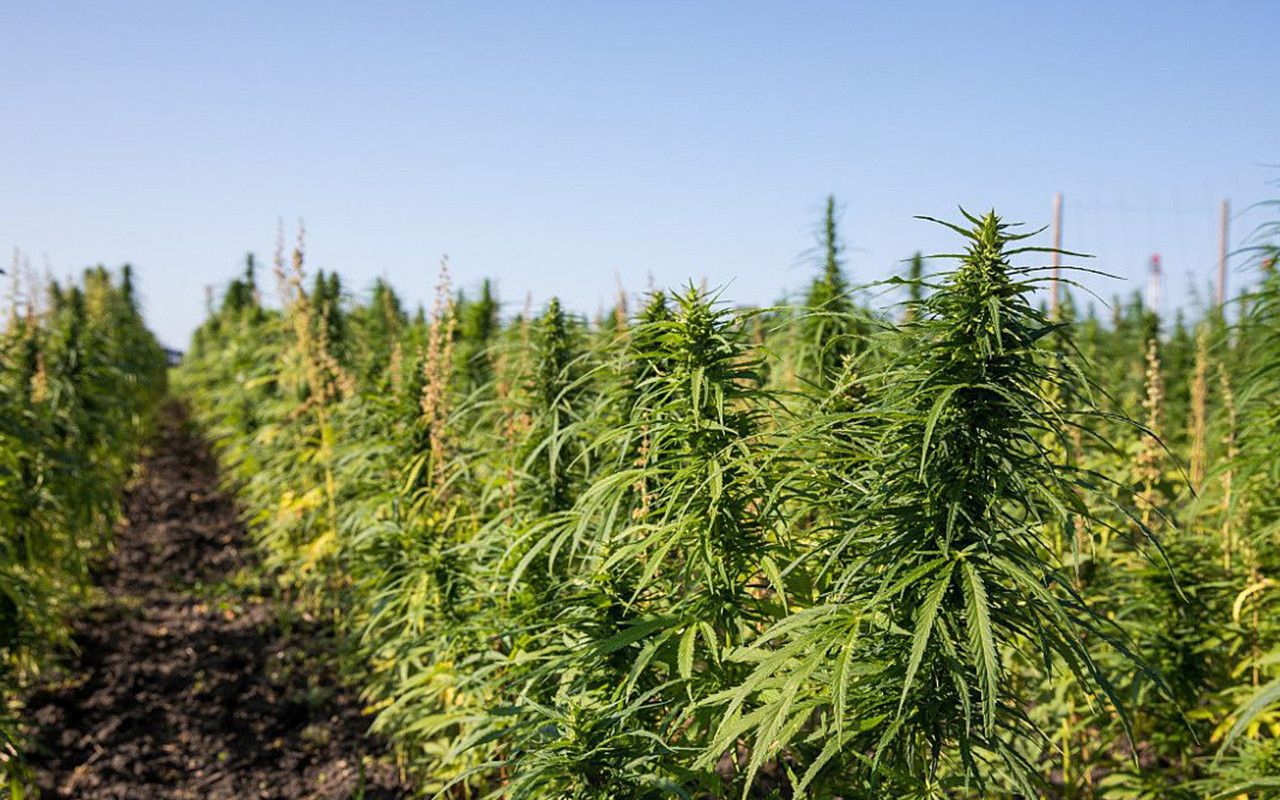Trending Products Get the bigger better yield with our new selection.
iGrow Revive plant...
LignoGro multinutrient...
iGrow B Bloombond 1 litre:...
We use cookies to give you the best possible experience on our website. By clicking OK, you agree to our cookie policy. If you would like to change your cookie preferences you may do so
Read the expert tips
Does this sound familiar? You bring home a vibrant, leafy plant, excited to watch it thrive under your care. But a few weeks later, the leaves droop, turn yellow or brown, and your plant looks like it starred in a post-apocalyptic survival movie. You’re left asking, “What went wrong?”
Here’s the hard truth, plant parent: it's not the plant—it’s you. But before your inner monologue spirals, don’t worry. This isn't an intervention. It's a wake-up call. You’re probably sabotaging your greenery with one major mistake—improper fertilizer use.
Yes, fertilizer can be your plant’s best friend—or its arch nemesis, depending on how you wield it. Today, we’re cutting through the crap (literally and figuratively) to give you the single, most life-saving fertilizer hack that can transform your plant care game overnight. Get ready to turn your sad, plant-killer rep into that of a green-thumb legend.
Modern agriculture is constantly challenged by environmental stressors and the side effects of crop protection chemicals. For Italian growers of parsley, zucchini, corn, and soybean, herbicide-induced phytotoxicity has been a persistent obstacle, often limiting both yield and crop quality. The iGrow Revive non-microbial biostimulant set out to address this head-on, and recent field tests in Italy confirm its outstanding success.
Hemp cultivation is an agricultural art that demands an exceptional degree of care and precision, with the harvesting stage playing a pivotal role in determining the final quality of the produce. The way the hemp is harvested can significantly influence the end-product’s quality, making it an absolutely non-negotiable stage where meticulous attention to detail is central. Properly harvested hemp guarantees not only a superior final product but also helps in maintaining legal compliance, ensuring your operations do not run afoul of any regulatory requirements.
A well-timed harvest, complemented by the use of specialized equipment, can help maximize the yield and quality of your hemp crop. This guide is designed to illuminate the best practices for harvesting different parts of the hemp plant. We will delve into the optimal timings for harvest, the importance of using the right tools, and how these factors contribute to the overall quality of your crop. Understanding these best practices will equip hemp growers with the knowledge required to consistently produce high-quality, legally compliant hemp.
Cannabis is a plant that is beloved for its therapeutic benefits and mind-altering effects. But did you know that cannabis also boasts a unique and complex flavor profile? Terpenes, the fragrant compounds produced by the cannabis plant, play a key role in determining the taste and aroma of different strains. Moreover, terpenes have been found to interact synergistically with other cannabinoids (like THC and CBD) to produce a wide range of therapeutic effects.
In this article, we'll take a closer look at terpenes and explore how you can increase their levels in your cannabis plants to achieve more potent and flavorful buds.
Cannabis enthusiasts understand the value of growing cannabis plants at home. With so many growing methods available, choosing the right one can be challenging. Outdoor growing is one of the most rewarding options, but it comes with its own set of benefits and challenges.
In this blog post, we'll discuss the factors you need to consider for successful outdoor cannabis growing. Whether you're a seasoned grower or a beginner, these tips will help you maximize yield so that you can enjoy a thriving plant.
Cannabis plants require essential nutrients for growth and development. The availability of nutrients is critical for cannabis plants to achieve optimal yields and quality. However, cannabis growers sometimes face challenges in identifying nutrient deficiencies and their solutions.
In this blog post, we will clarify the importance of nutrients in cannabis plants, explore the most common nutrient deficiencies that cannabis plants face, and offer tips and tricks for managing nutrient deficiencies in cannabis plants.
As a cannabis grower, you know that the right nutrient scheme is crucial for the health and quality of your cannabis strain. However, choosing the right nutrient scheme can be tricky as different strains have different nutrient needs during vegetative and flowering stages.
This blog will give you an overview of the nutrient scheme requirements of some popular cannabis strains and practical tips for optimizing your crop's yield.
From amateur gardeners to experienced cultivators, finding the right balance of organic inputs for a successful hemp harvest can be a challenging task. Organic farming requires an intricate understanding of the specific needs of your soil and plants, and timing your fertilizer is one of the most important components - but knowing when and how much to apply isn't always easy! In this blog post, we'll explore the basics of understanding your soil and plants in order to accurately time your fertilizer application for optimal hemp growth.
The popularity of hemp farming has been on a steady increase over the recent years, with industrial hemp becoming a sought-after crop for commercial farming. Industrial hemp has various applications ranging from textile manufacturing, food production, beauty, and healthcare products. However, to achieve a bumper harvest, farmers need to understand the science behind organic fertilizers for industrial hemp production.
Unlike traditional fertilizers, organic fertilizers rely on natural sources to provide essential nutrients for the hemp plant. These fertilizers are obtained from plant or animal sources, minerals, and even manure. The organic farming approach focuses on promoting soil health and microbial diversity, thus ensuring long-term soil fertility.
Are you an industrial hemp grower looking to get the most out of your crop? You’re in luck! Fertilizers can help by improving soil quality, so plants have access to better nutrients. But what are some common mistakes made when using fertilizers on industrial hemp? Read on for tips to ensure you’re getting the best yield and value from your fertilizer investment. Ligno OU is a European organic fertilizer manufacturer that wants to share their knowledge with growers like you about how this product can make all the difference. Learn how choosing the wrong type of fertilizer, not understanding ph levels or timings can put your crop at risk - and even bring disaster if done incorrectly. With these helpful tips, let’s work together to successfully apply fertilizer for optimal results and healthier crops!








